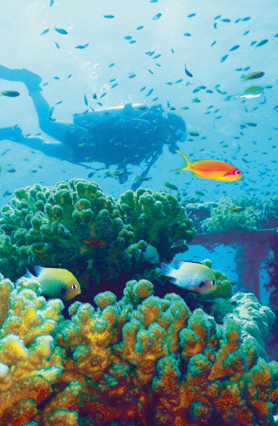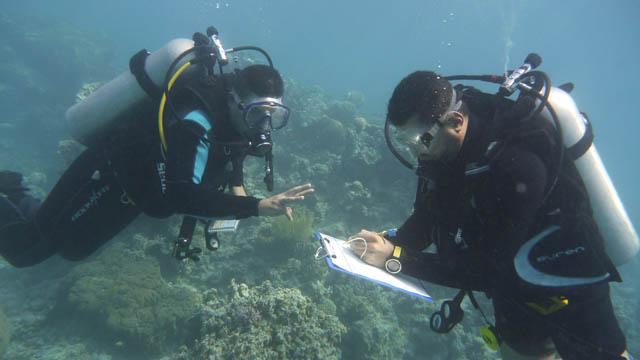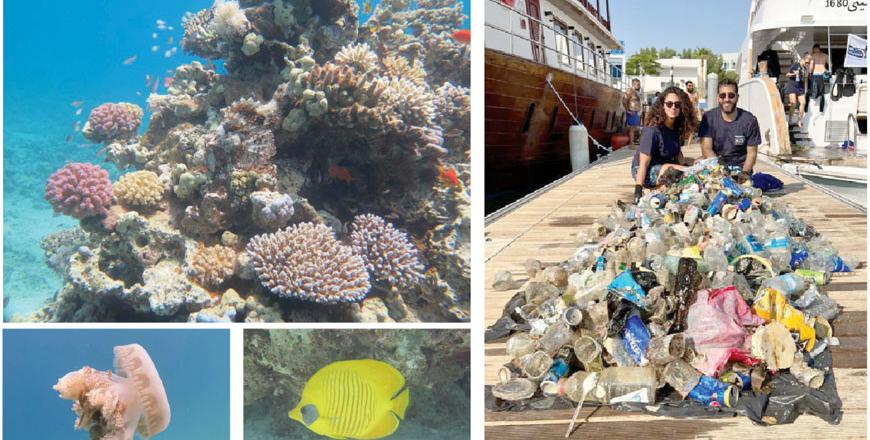You are here
Policy paper calls for inclusion of Gulf of Aqaba on UNESCO World Heritage list
By JT - Dec 03,2022 - Last updated at Dec 03,2022

The coral reefs of the Red Sea are a rich source of food, livelihoods, coastal protection, and natural products, and they support millions of people living in the countries bordering the sea, according to a recently launched policy paper titled ‘The Gulf of Aqaba’s Reefs of Hope’ (Photo courtesy of the policy paper)
AMMAN — A recently published policy paper written by an international team of coral reef experts is calling for the Gulf of Aqaba region to be included on UNESCO’s list of World Heritage Sites.
The study, titled “The Gulf of Aqaba’s Reefs of Hope” was authored by scholars from Jordan, Germany, Australia, Monaco, Switzerland, Israel and the United Kingdom.
According to the paper, “the highly biodiverse coral reefs of this northern Red Sea site exhibit a unique resilience to global warming, which may hold the key to preserving the Earth’s corals as ocean temperatures continue to warm.”
However, the future of this region is under threat from a changing climate, pollution, coastal development and over-fishing, the paper said.
The coral reefs of the Red Sea are a rich source of food, livelihoods, coastal protection, and natural products, and they support millions of people living in the countries bordering the sea, according to the paper.
In terms of specific recommendations, the paper noted that each of the four countries that border the Gulf of Aqaba (Jordan, Egypt, Israel, Saudi Arabia) have specific regulations and mechanisms to protect their marine environments, including coral reefs, though levels of enforcement have varied. The paper recommended that all existing management plans be implemented or refreshed to maintain an effective, long-term vision.
Given that Aqaba’s marine life can be considered to have “outstanding universal value” as is required of the UNESCO list, the paper proposes that Aqaba’s placement on the World Heritage Site list could benefit its preservation.
“Involvement of a neutral organising body such as the UNESCO could drive the regional cooperation needed to both build on the success of prior conservation efforts and promote the coordinated management necessary to protect the Gulf of Aqaba’s marine and coastal environments long into the future. Designation of the Gulf of Aqaba region as a transnational UNESCO World Heritage Site should be sought as a matter of urgency,” the paper said.
Related Articles
AMMAN — Marine conservationists are currently rallying support to list the coral reefs in the Gulf of Aqaba as a UNESCO world heritage site.
Aqaba reefs face substantial dangers of man-made variety, mainly overfishing, litteringAround 44% of coral species recorded in Red Sea only
AMMAN — A total of 7.5 per cent of hard corals registered in the Red Sea are endemic to the Gulf of Aqaba, according to a new study, which i



















